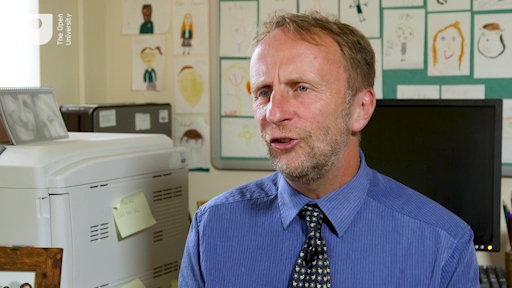3 Creative support for children’s learning
In primary schools, creative support for children’s learning is exploratory, imaginative and resourceful. It is an investigative and problem-solving approach to children’s learning which is based on observation and listening.
Read these definitions of creative support. Think about how you have used these kinds of skills, with children or in any other situation.
Practice speculations. These are ‘in-the-moment’ decisions based on first-hand knowledge and understanding of a child’s individual needs, deciding what might work most effectively in specific situations and observing the impact of these decisions. Practice speculations can involve trying something out, based on what you know about a child’s dispositions and development.
Diagnostic thinking. This involves using prior knowledge, observation, evidence and close work with a child to make an informed evaluation of that child’s needs. Diagnostic thinking is possible when you know a child well, and can understand a child’s meaning from verbal and non-verbal cues. Diagnostic thinking enables you to analyse a problem and devise an approach to solve it.
Possibility thinking. Sometimes this is known as ‘blue skies’ thinking, asking ‘what if?’ questions and making genuine investigations. Possibility thinking encourages prediction and improvisation. It involves a shift from ‘What is this?’ to exploration – ‘What can we do with this?’ It is thinking which is open to change and experimentation.
Creative approaches. Creative approaches to supporting learning can involve play, making connections, innovation, being imaginative and sometimes taking risks. Creative approaches value processes as well as outcomes. Creative approaches will involve possibility thinking and encourage self-determination.
Headteacher Mark Millinson says creative support is also about building trust with children, and their families.

Transcript: Video 5
In the next section, you will hear from primary school teaching assistants about how they work with children, individually and in groups. As you watch and listen, think about how these practitioners illustrate what Mark says about building trust with children.
